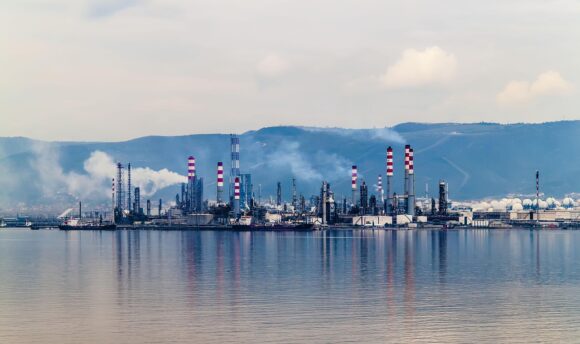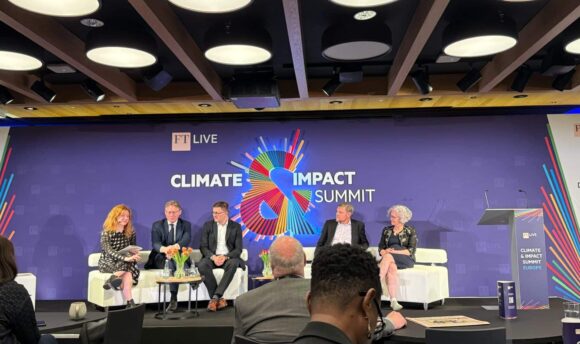Insurance brokers play a critical role in the global economy, helping businesses and households find affordable insurance cover. Brokers’ first obligation is to serve their customers – but what does this mean at a time when climate change poses fundamental risks to the insurance industry, its customers and the future of human civilization?
Global warming increases the risk of natural disasters and undermines public health and food security worldwide. Recently, insurance losses from natural disasters have been significantly higher than the historic average. Insurers are already pulling back from ‘uninsurable’ markets”, and Munich Re warned that climate change could make cover unaffordable for ordinary people.
If climate change spirals out of control, fewer and fewer businesses and households will be able to access insurance, regardless of their brokers’ best efforts. Insurance brokers need to keep these long-term interests of their customers – and society at large – in mind, as they consider their response to climate change.
As the reach of governments has receded in a globalized world, private businesses are increasingly expected to contribute to solving global problems. This is particularly true in mitigating climate change. The Intergovernmental Panel on Climate Change (IPCC) found that actors throughout society must undertake unprecedented efforts to avoid climate collapse with devastating consequences for communities and economies worldwide. The biggest single source of carbon emissions is coal, and according to the latest IPCC report, the global coal fleet must decrease 75% by 2030, and be almost completely phased out by 2050.
Leading insurance and reinsurance companies have taken a broad view of their responsibility in the face of climate change. Over the past two years, 11 of the world’s largest insurers and reinsurers have adopted policies ending or limiting cover for, and investments in, coal projects and companies. These measures have been welcomed by their retail clients, employees, and voices such as the UN Secretary General and the Financial Times.
Like leading insurance and reinsurance companies, brokers can no longer remain passive in the face of climate change. They cannot allow their loyalty to coal companies to undermine the interests of all their other customers and society at large.
Brokers must take the following steps to address their responsibility for climate change:
- Immediately stop bundling coal and non-coal business, facilitating insurance companies’ coal exclusion policies.
- Immediately pledge to stop brokering contracts for new coal projects and customers.
- Desist from supporting coal companies in circumventing insurers’ existing coal restrictions.
- Terminate their services for existing customers from the coal sector, after a 2-year transition period.
- Disclose how much of their insurance, reinsurance and investment advisory business is fossil-fuel related
By these actions, brokers will not only serve their customers; they can also protect their reputation with an increasingly climate-conscious public. The Insure Our Future campaign will start rating the climate performance of leading brokers in its coal insurance scorecard this year. As transparency improves, potential employees, insurers and reinsurers, regulators and other observers will easily be able to distinguish climate leaders from the laggards among the brokers.
Brokers may think that as intermediaries for insurance transactions, they share no responsibility for the ultimate impacts of the projects which they facilitate. Growing up in neutral Switzerland I am very familiar with this argument. Swiss banks and politicians have had to learn that, in the face of dangers threatening global society, there can be no neutrality. As the world barrels towards climate collapse, insurance brokers must come off the fence as well and stop brokering climate disasters.



